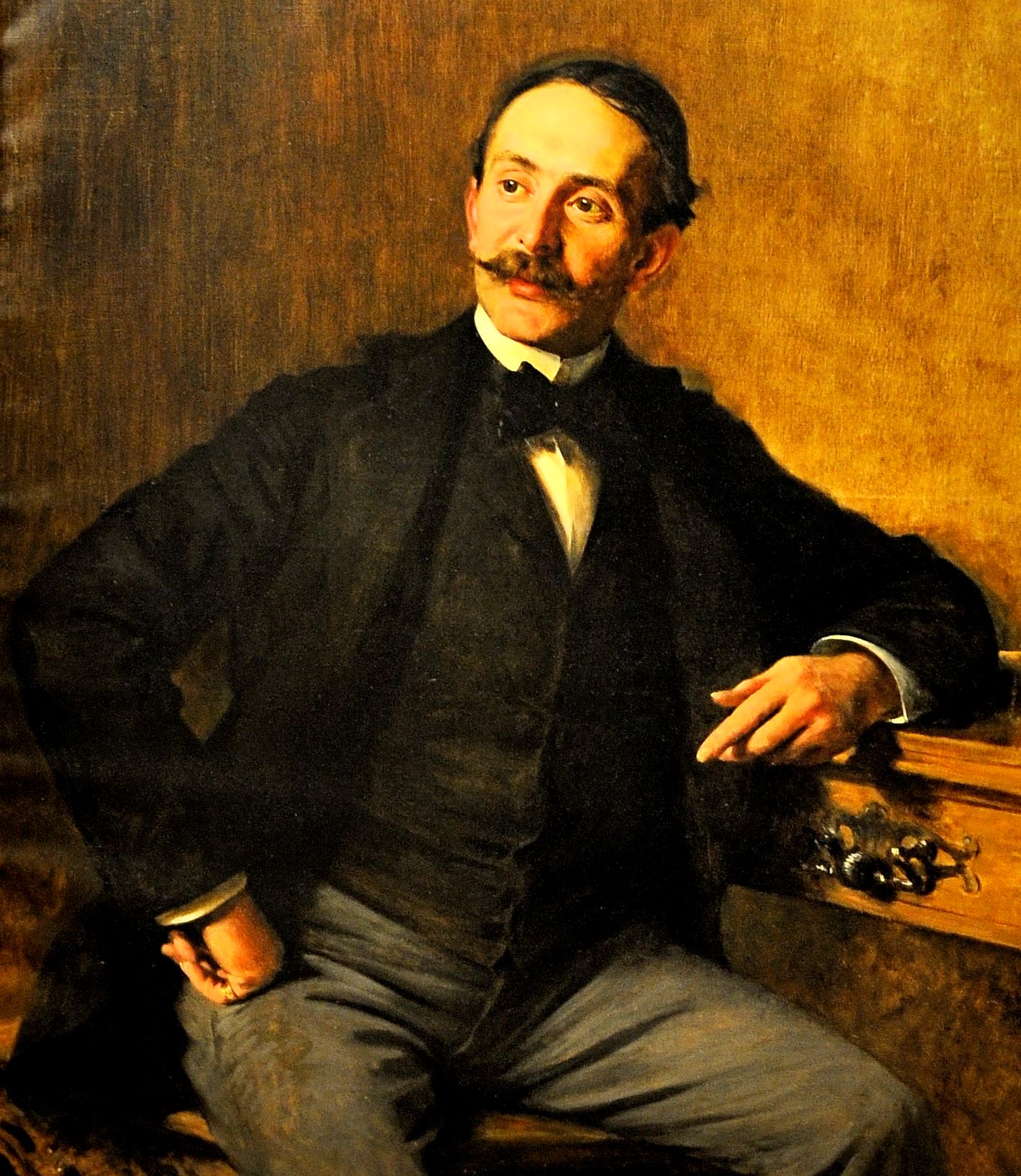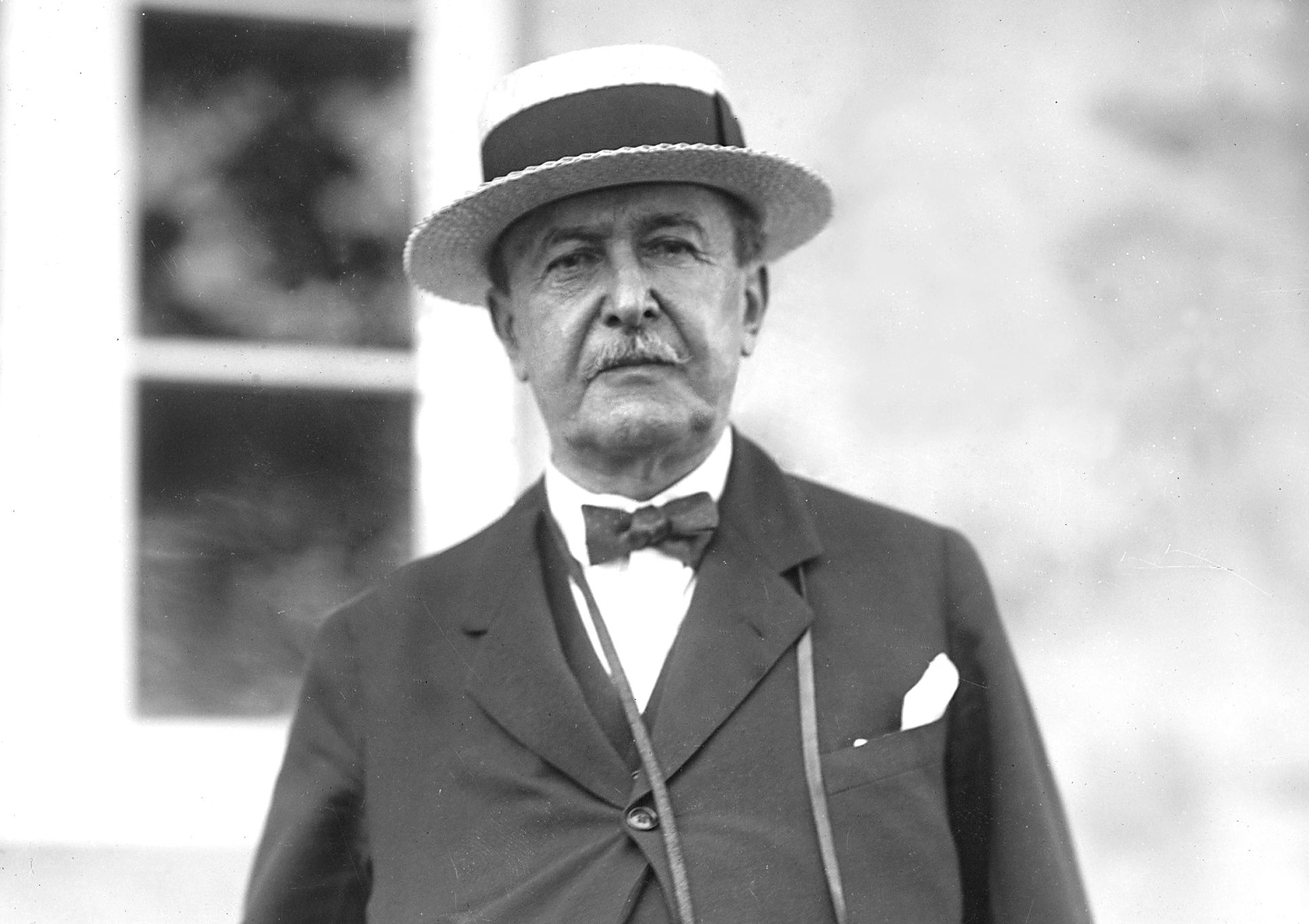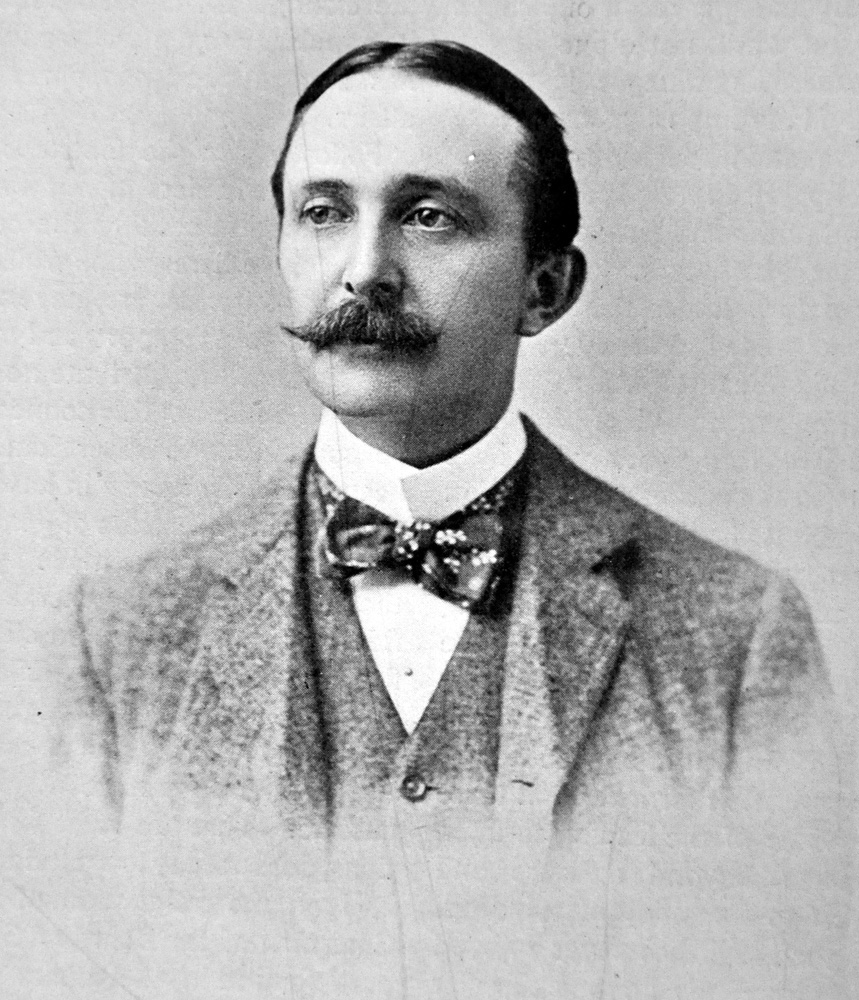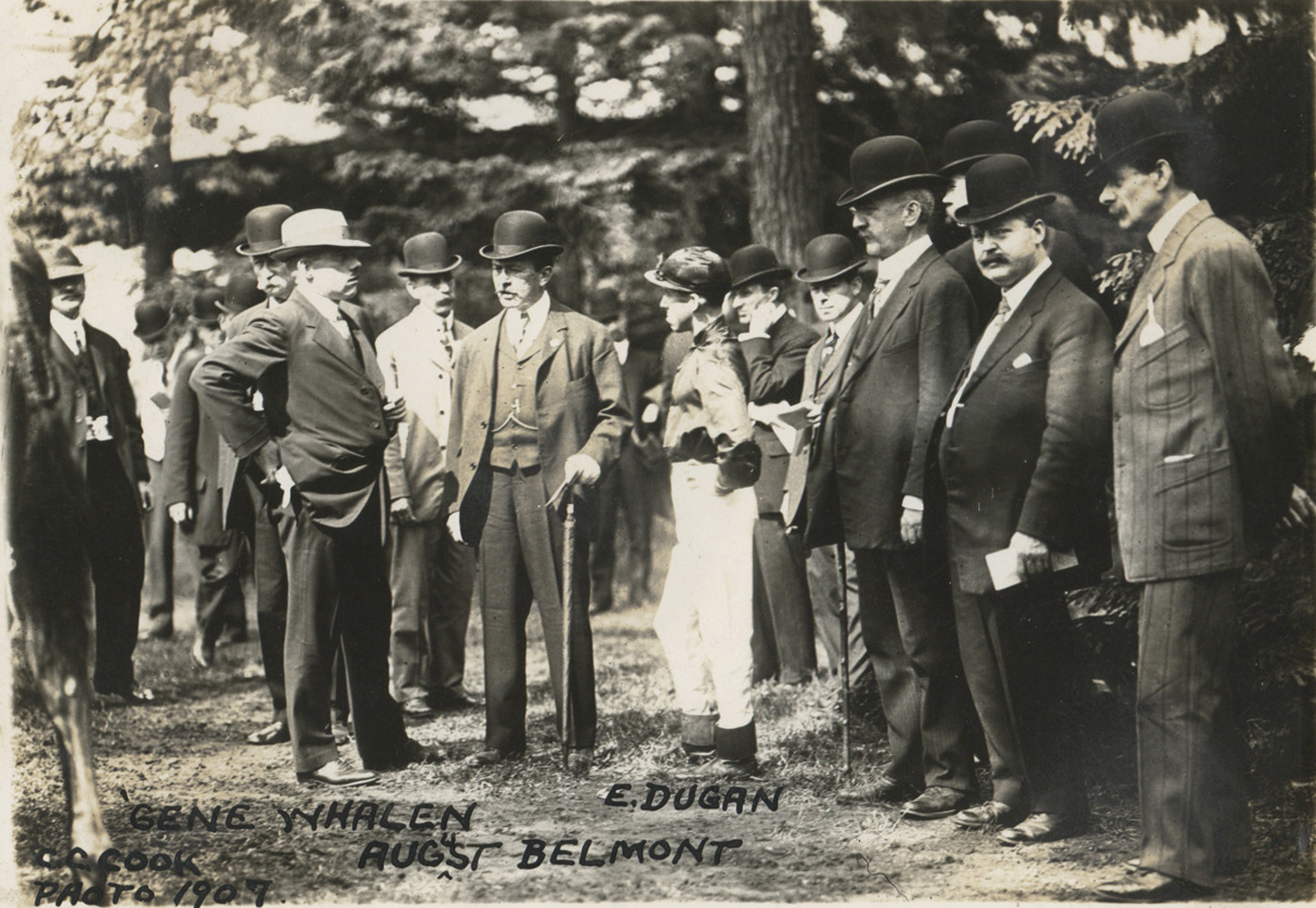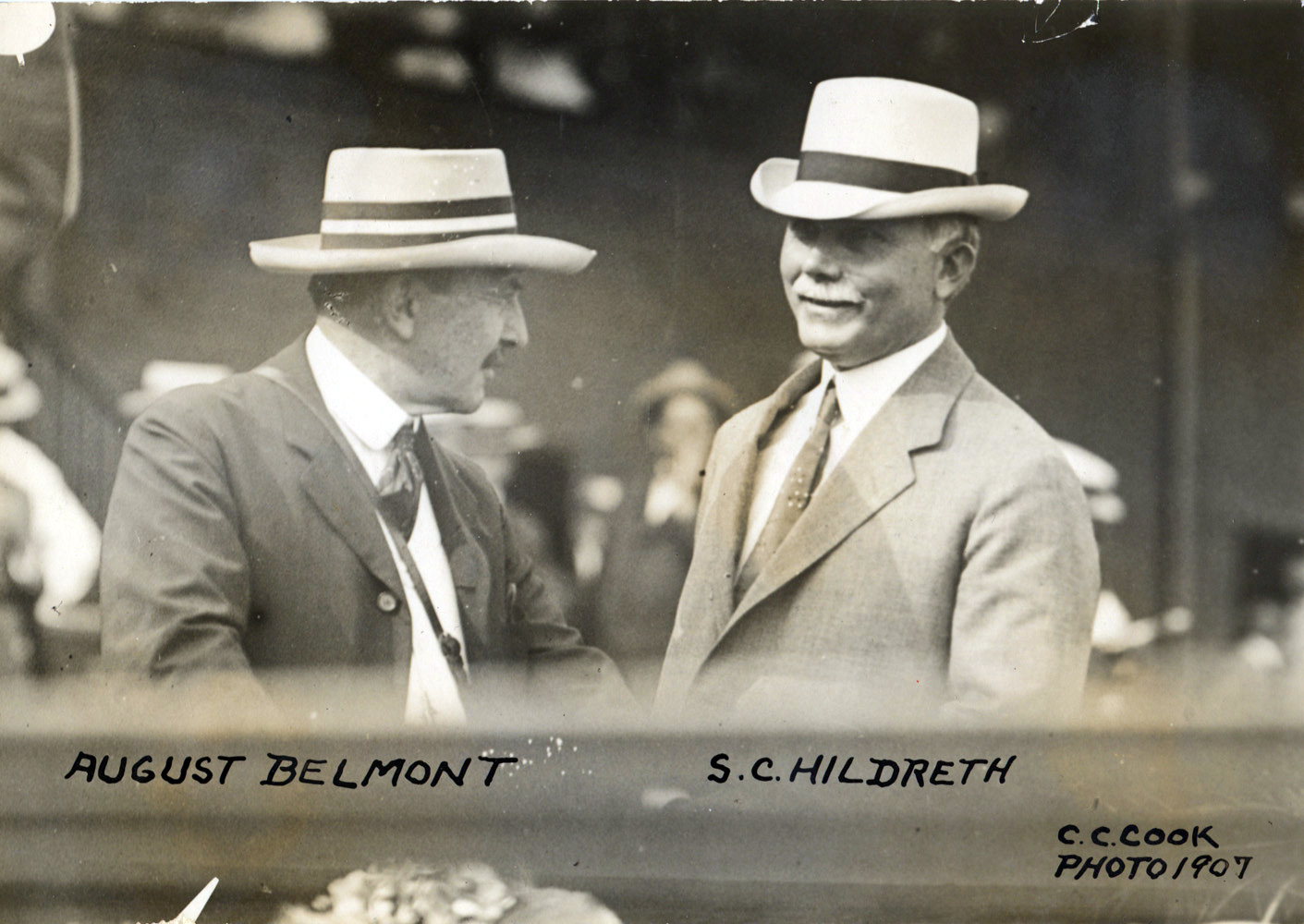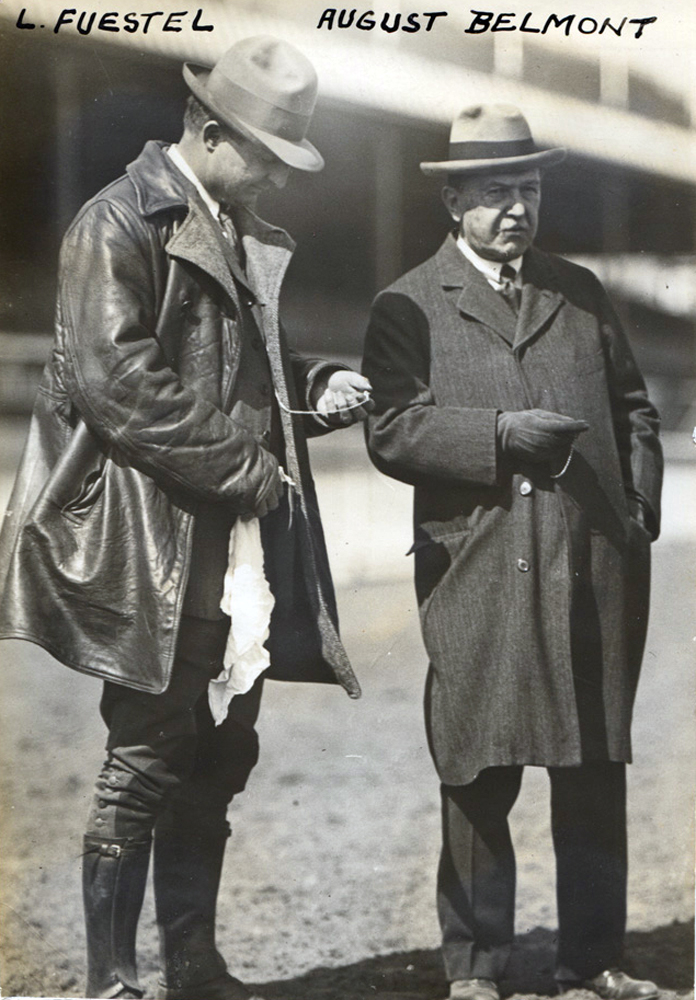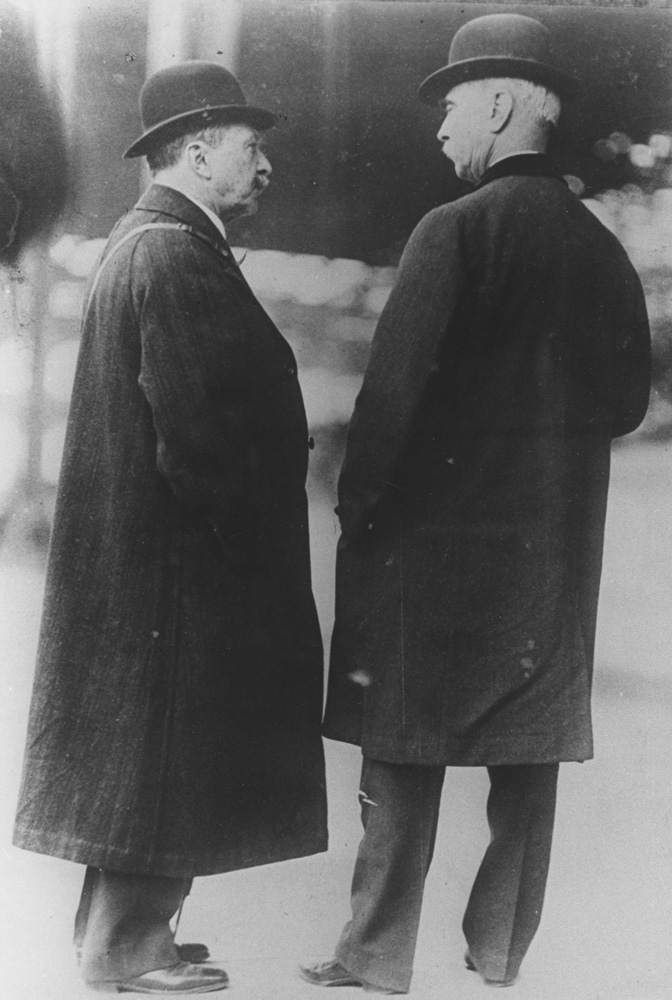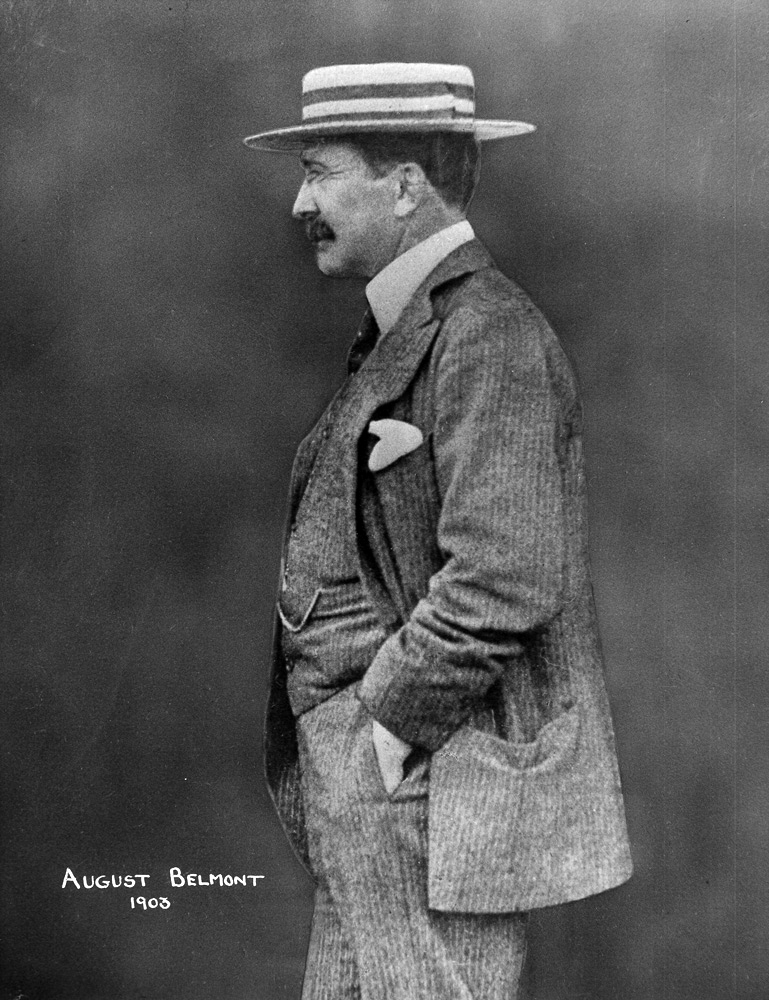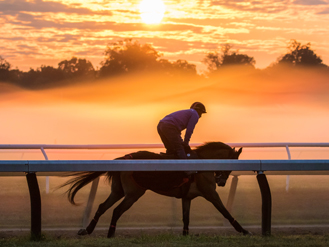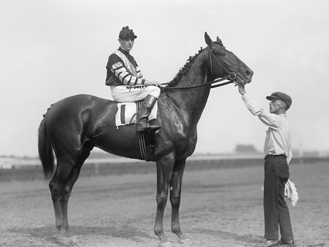August Belmont II
August Belmont II was born in New York City in 1853 and spent part of his childhood in The Hague, where his father was serving as U.S. Minister to the Netherlands. He later graduated from Harvard and went into the family banking business before having a profound impact on racing.
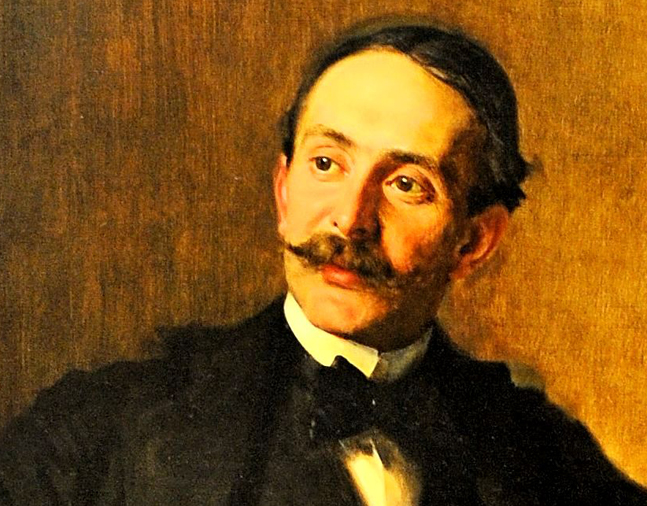
2013
Feb. 18, 1853, New York City, New York
Dec. 10, 1924, New York City, New York
Biography
August Belmont II was born in New York City in 1853 and spent part of his childhood in The Hague, where his father was serving as U.S. Minister to the Netherlands. He later graduated from Harvard and went into the family banking business before having a profound impact on racing.
Upon his father’s death, Belmont became heavily involved in racing and took over August Belmont & Co., the New York City bank founded by his father. He also served as chairman of the board of the Louisville and Nashville Railroad and director of the National Park Bank.
Belmont bought seven of his father’s mares at a dispersal auction in 1890 and continued his family’s practice of raising horses at Nursery Stud in Kentucky. Belmont bred 129 stakes winners, including seven champions: Man o’ War, Beldame, Rock View, Friar Rock, Hourless, Mad Hatter, and Chance Play. Belmont sold his entire 1917 yearling crop, including Man o’ War, because of his involvement in World War I. At the age of 65, Belmont served his country in Spain with the Quartermaster Corps, procuring supplies for American forces.
Before and after his military service, Belmont was deeply entwined in the workings of American racing. He was associated with William Collins Whitney in the revitalization of Saratoga in the early 1900s and was among the founding members of The Jockey Club in 1894. He served as The Jockey Club’s chairman from 1895 until his death in 1924. He also chaired the New York Racing Commission and was a founding member of the National Steeplechase Association and Westchester Racing Association.
In 1905, Belmont opened Belmont Park on Long Island, New York. That year, the Belmont Stakes, inaugurated in 1867 and named in his father’s honor, was transferred from Morris Park to Belmont Park. Belmont won the prestigious race in 1902 (Masterman), 1916 (Friar Rock), and 1917 (Hourless).
Away from the track, Belmont founded the Interborough Rapid Transit Company in 1902, helping finance the construction and operation of New York City’s first underground rapid transit line. He also spent much of his personal fortune on the construction of the Cape Cod Canal.
After his death in 1924, a Jockey Club statement said Belmont "loved the horse as an animal and saw in racing an opportunity for raising the standard and improving the qualities of the thoroughbred, thus adding to the prosperity of the breeder and furnishing broader avenues for clean and honest sport.”
Time magazine said Belmont II “is credited with having saved thoroughbred racing when it was at its lowest ebb in the East.”
Achievements
Triple Crown Highlights
Won the 1902 Belmont Stakes — Masterman
Won the 1916 Belmont Stakes — Friar Rock
Won the 1917 Belmont Stakes — Hourless
Other Highlights
Bred 129 stakes winners, including seven champions
Chairman of The Jockey Club — 1895 to 1924
Media
